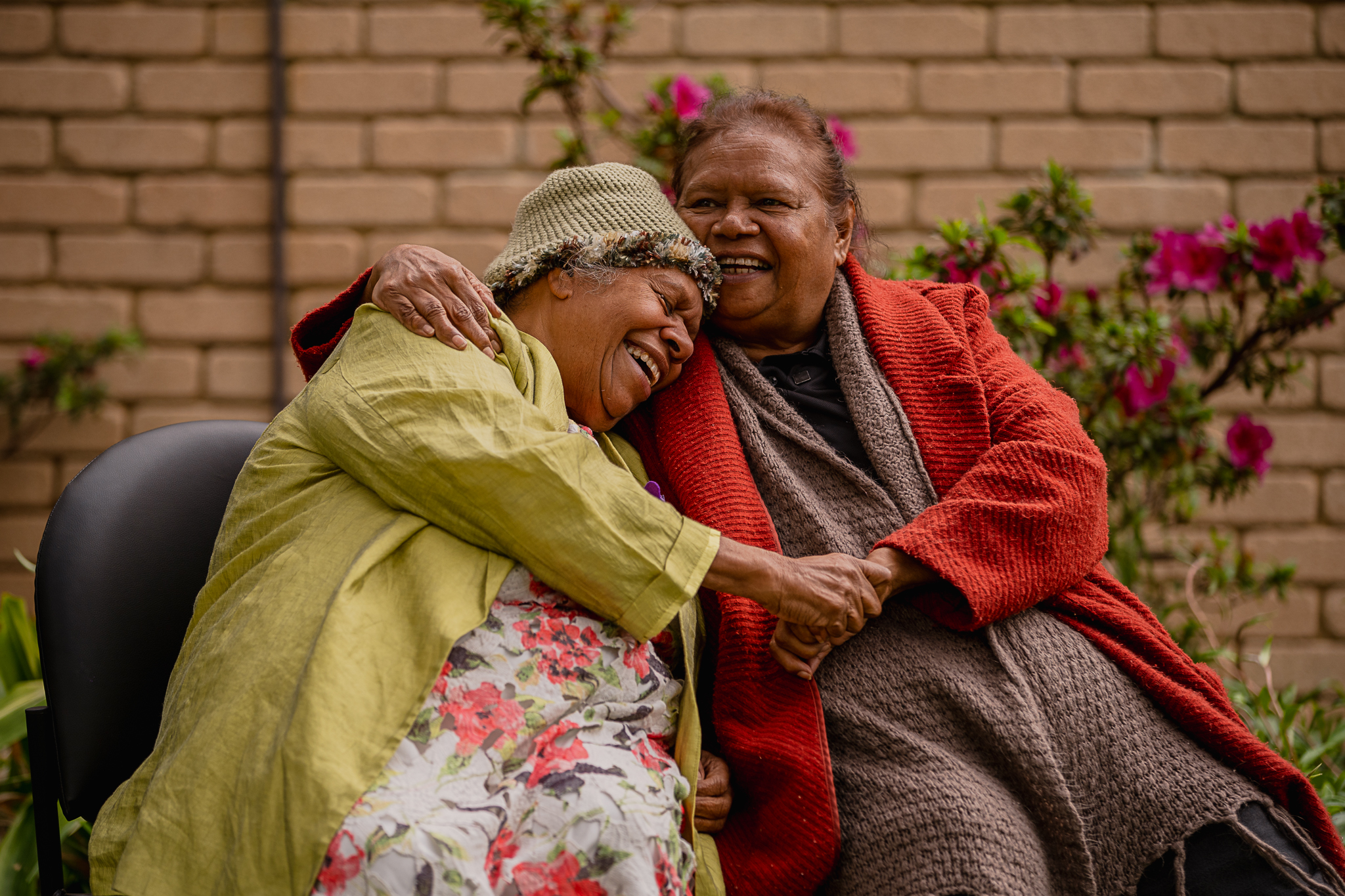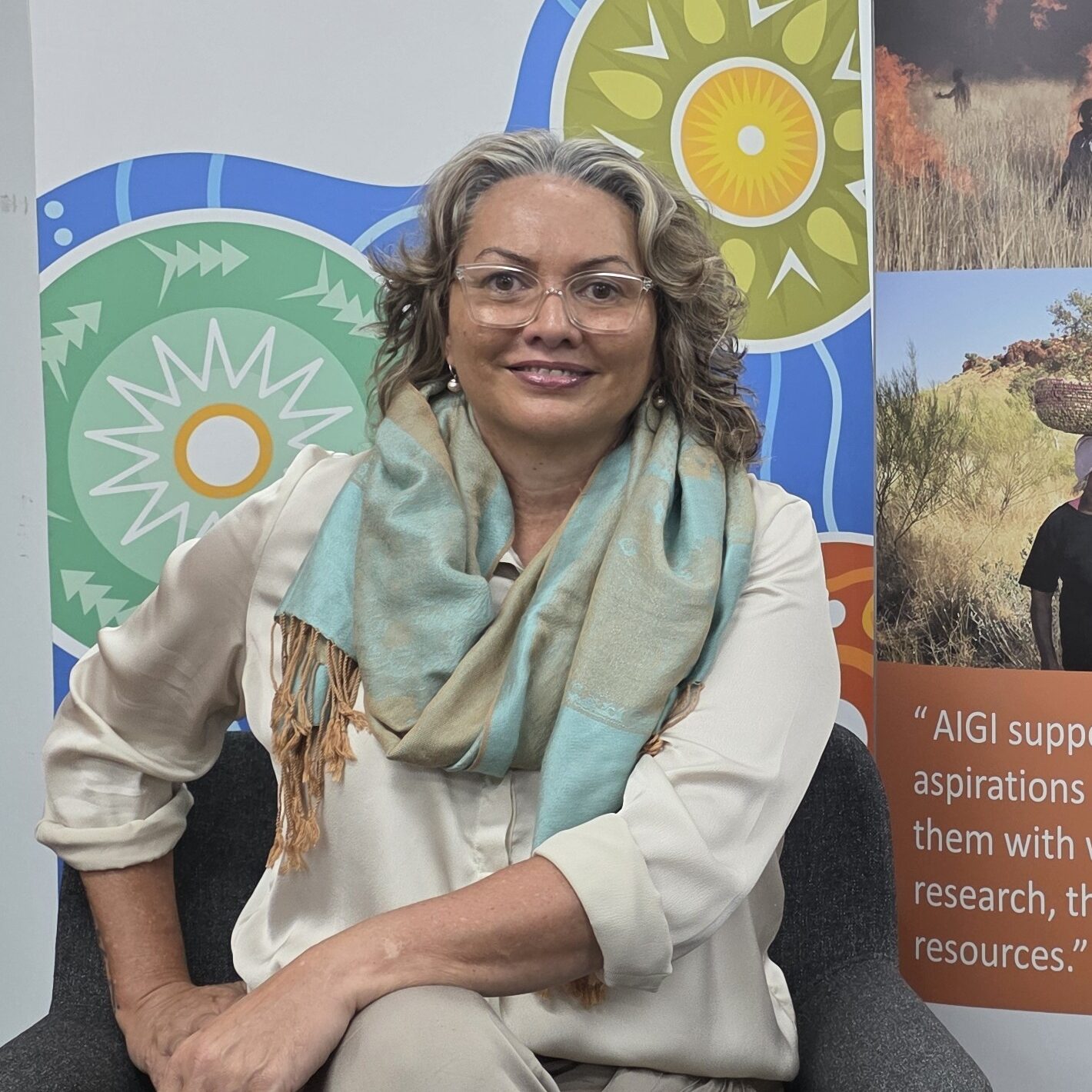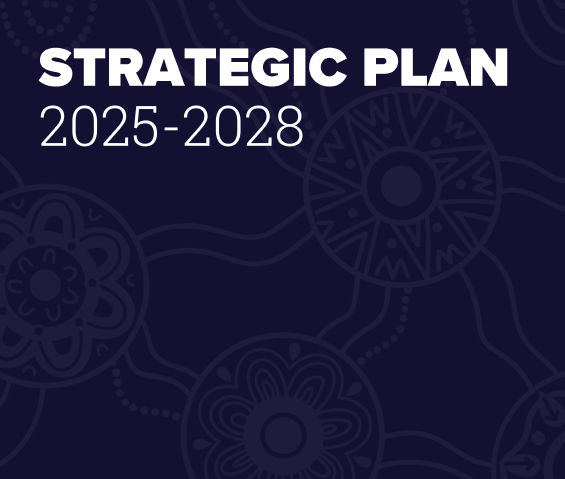Celebrating a Trans-Tasman Partnership: Māori and Australian First Nations Governance Leaders Unite...
How the IUIH formed to address common goals
How the IUIH formed to address common goals
Download
Request download

The Institute for Urban Indigenous Health (IUIH) was a Finalist in Category A of the 2014 Indigenous Governance Awards. Here Director of Operations and Communications Jody Currie and CEO Adrian Carson explains how the IUIH came together to create a regional solution to common goals, and some of the challenges that arose during this process.









.png)

